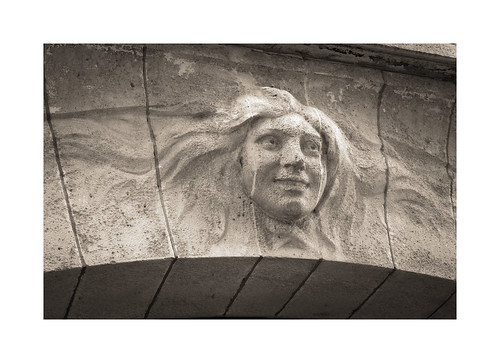Reading an article in the New Yorker ("Annals of History - Crossroads" by Lawrence Wright July 20, 2020) about an Italian doctor, Gianna Pomata, who lived and worked in the US, but returned to Bologna after she retired. She said several things the piqued my interest.
The idea is that during times of pandemic (such as what we are currently experiencing) there is the possibility for humans to change their thinking.
The prime example the doctor gave was of the effects of the Black Plague in the 1300's. Up to this point in European history medicine had been academic and abstract based on the writings of Greek and Roman physicians. After the plague, medicine became a more observation and experience based discipline. It became practical as physicians searched for effective treatments.
This was also the point in European history when fiefdoms were slowly replaced with city-states. This fostered the development of business (Florence, Milan) and learning (Bologna) models. Citizens were free and no longer bound to a disinterested land owner and this freedom through capitalism and learning continue through to today.
One of the biggest Black Plague changes was the realization that religion might not provide a decent salve nor answer for human suffering. Religious processions and services had served to increase, not decrease, infection rates. People's belief systems were challenged to look at the world differently and to seek ways that might actually protect each-other.
Fast forward to the present and to the US where so many people refuse to wear a mask. They will not protect themselves. They have no interest in protecting others. In fact, it seems that these people feel the current pandemic is tailor-made, politically conspired by "liberal elites" to deprive them of certain liberties.
It's very difficult for me to see the difference between 14century religious processions and anti-mask protests in the US. People who hold to certain systems of "belief" spread highly contagious disease and led and will lead to a shocking number of deaths.
It's very difficult for me to see the difference between 14century religious processions and anti-mask protests in the US. People who hold to certain systems of "belief" spread highly contagious disease and led and will lead to a shocking number of deaths.
On the side of hope, one of the things that struck me when reading the New Yorker article was the possibility that enough people will remember when the canals of Venice were clear, when the mountain ranges usually obscured by human caused pollution were on display and beautiful to see. Maybe enough people will remember when cruise ships couldn't drop careless tourists off at a port to wander through a city, too. Perhaps enough people will remember when jets were fewer and city life was quieter and living was different, sweeter.
